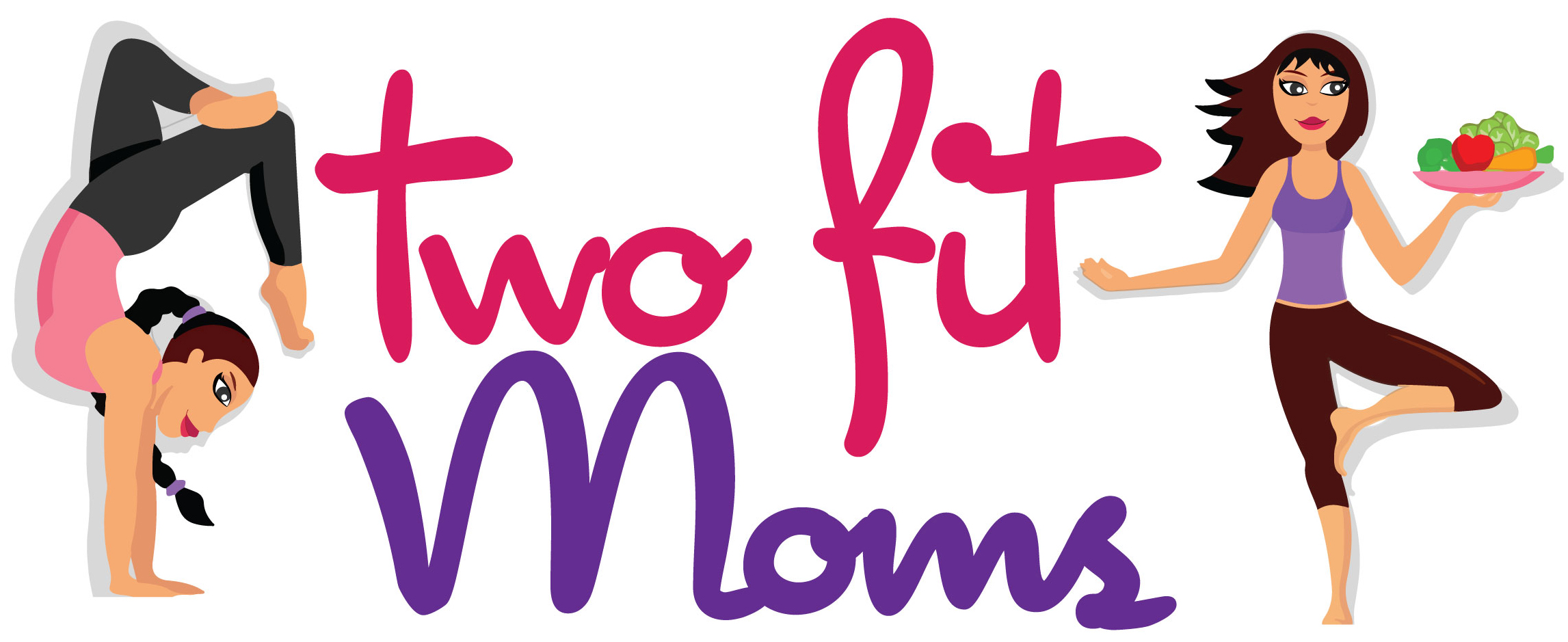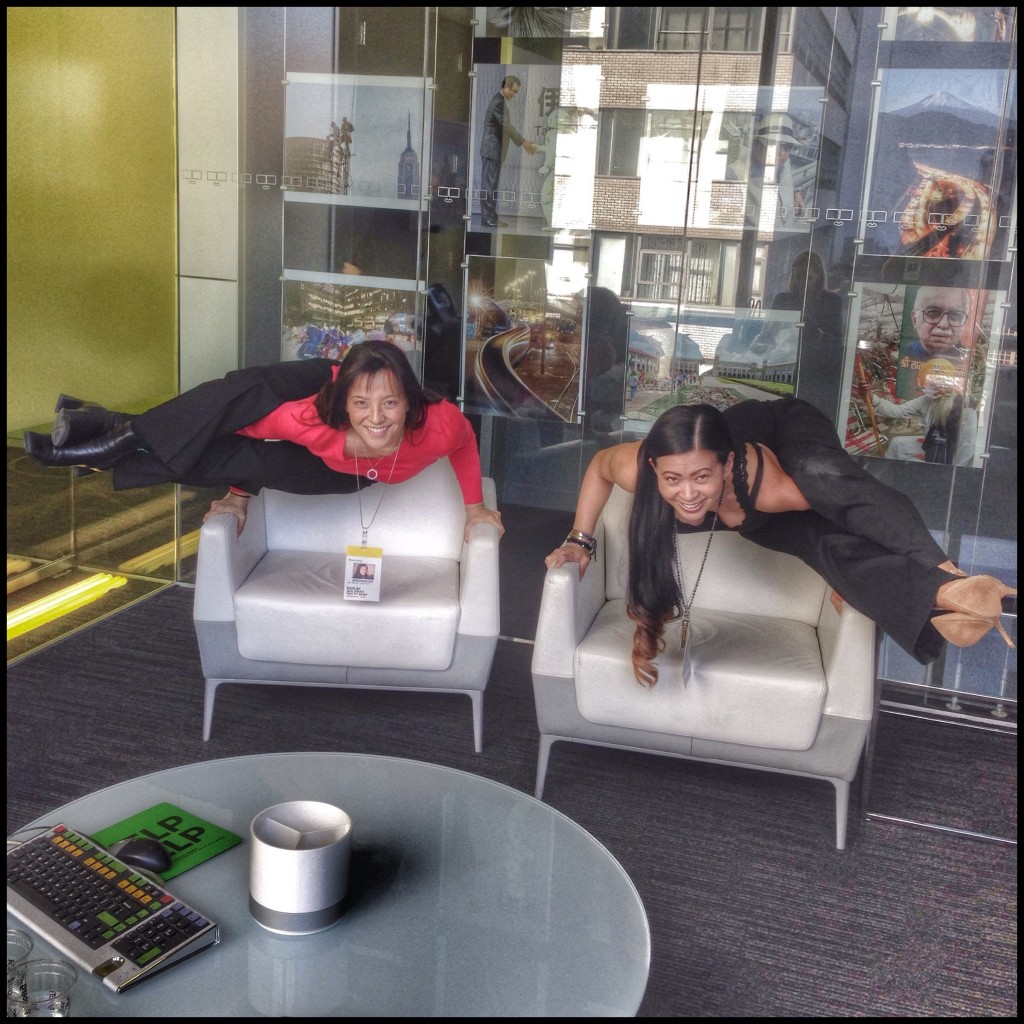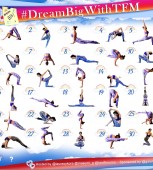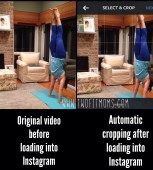
Multitasking. We’ve all heard of this concept, and it is often touted as the answer to efficiency and productivity challenges. We cook dinner while scrolling through social media posts. We compose business e-mails while chatting on the phone. We catch up on our favorite television show while eating a meal. Does any of this sound familiar?
Most of us attempt to multitask on a daily basis because we are drawn to any solution that buys us a little extra time in our busy lives. But when we are multitasking, are we really working efficiently and mindfully? Are we really getting more done in a shorter period of time? Are we producing the highest quality of work and avoiding errors in the process? Are we giving the best of ourselves? I think not, and here’s why.
What “Multitasking” Really Means
The word “multitasking” is a concept that is borrowed from the computer industry. Originally, the idea of multitasking referred to the ability of a computer (single CPU core) to handle more than one task at the same time. An important point to highlight here is that the processor doesn’t actually process multiple tasks simultaneously; It toggles between tasks at a rapid rate.
The processor is able to switch between tasks quickly so that it appears as if multiple tasks are being executed at the same time, but these tasks are being performed serially, not concurrently.
In a similar way, when we think we are multitasking, we are not actually performing tasks simultaneously (unless one of the tasks is something really automatic/repetitive like walking, jogging or chewing gum). When we multitask, we are switching between tasks, just like the processor. Multiple tasks are not being given our full attention at the same time.
Why Human Multitasking Fails
You may now be wondering why we can’t multitask just like the computer by toggling between tasks. Well, the computer is able to keep track of all necessary information on one task and quickly move to another task without losing any information. This doesn’t work out so well for us as humans. We essentially lose information as we move back and forth between tasks—We often call it, “losing our train of thought.”
Each time we lose our train of thought, it takes a while to find that train again and hop back on. You know what that’s like. Try to think of a time when you were busy writing a research paper or composing an e-mail. Maybe you were grooving along at a great pace until someone interrupted you. Even if the interruption was very short, you probably lost your momentum and couldn’t pick up where you left off. You lost your train of thought. In contrast, a computer’s processor toggles between tasks without the train ever becoming lost. All information is retained in memory, and the computer can quickly cycle through tasks at a quick pace.
The Beauty of Monotasking
As humans, I believe the art of monotasking is far more effective for productivity and efficiency. It forces us to focus on one thing at a time—to give our undivided attention to a task.
It’s actually the very reason why so many of us step onto our yoga mats each day. We are looking to clear our minds and just focus on our breath. We aren’t looking to stand in Warrior 1 as we create grocery lists. We aren’t practicing inversions and calculating budgets in our minds. When we hit our mats, we are monotasking. We complete our practice, and then we move on. If you notice, you probably feel much better, too. Life seems more manageable when you are focused on the task at hand.
This week, I challenge you to cut out the daily noise of multitasking. Don’t attempt to tackle multiple activities at once. Focus on what’s right in front of you until you are done, and see if you are more efficient. Be mindful. Put down your phone when someone is talking to you. Drive your car without calling someone. Turn off the TV when you’re eating. You get the idea. Practice being more mindful; Practice the art of monotasking.










